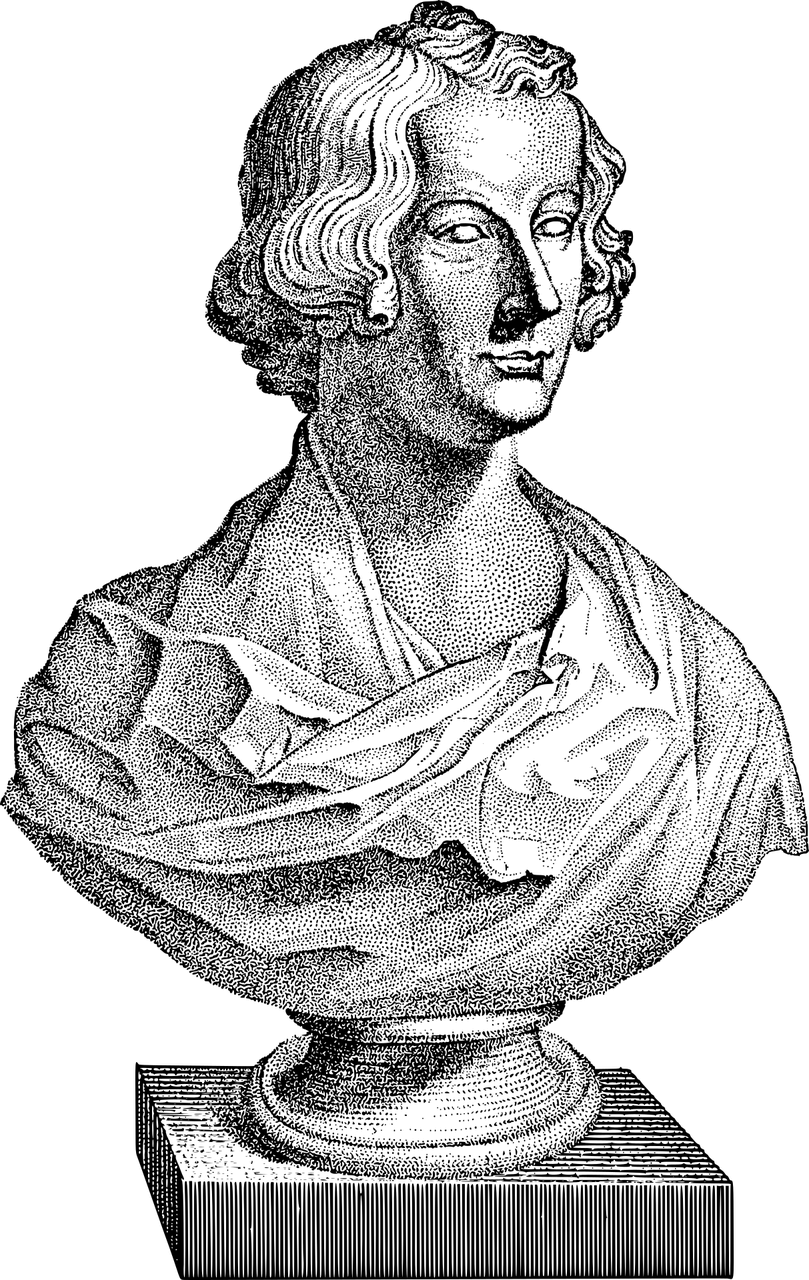1984 George Orwell: A Classic Dystopian Novel Unveiling the Dark Side of Society

Introduction:
“1984” by George Orwell is a timeless and thought-provoking novel that continues to captivate readers, making it a must-read for anyone interested in literature. Set in a dystopian future, Orwell masterfully depicts a totalitarian society governed by “Big Brother,” where individualism and independent thought are suppressed.
In this comprehensive article, we will delve into the significance of “1984” and its enduring relevance for both seasoned readers and newcomers to the novel. We will explore its historical context, its evolution over time, and its impact on society. So, join us on this literary journey as we unravel the intricacies of Orwell’s masterpiece.
Historical Context and Development:

George Orwell penned “1984” in 1948 as a chilling prediction of future totalitarianism. Drawing inspiration from his observations of Soviet Russia and Nazi Germany, he created a dystopian world that would leave an indelible mark on the literary landscape.
The narrative follows Winston Smith, a low-ranking member of the ruling Party, as he navigates a world dominated by perpetual surveillance, propaganda, and thought control. Orwell’s vision was a chilling depiction of what could happen if unchecked power corrupts society, resonating with readers across generations.
Evolution of “1984” Over Time:
Since its publication, “1984” has garnered immense popularity and critical acclaim, reflecting its cultural and social significance. It has undergone multiple adaptations, including radio plays, stage productions, and films, which have contributed to its enduring legacy.
In recent years, the novel has experienced a resurgence in popularity, with renewed interest in its themes and warnings against autocratic regimes. Its sales skyrocketed following political events that mirrored Orwell’s dystopian world, making it a must-read for those seeking to understand the potential dangers of governmental control.
Key Themes Explored:
The novel explores several key themes that resonate with readers universally. The following bullet points elaborate on these themes, providing a concise overview that will pique readers’ interest:
– Totalitarianism: Orwell vividly portrays a world ruled by an oppressive regime, emphasizing the dangers of unchecked power and the erosion of individual freedoms.
– Surveillance and Control: The omnipresent “Big Brother” represents state surveillance, reminding us of the constant monitoring that citizens face in the digital era.
– Propaganda and Manipulation: The Party’s manipulation of language and history serves as a cautionary tale, highlighting the potential for propaganda to distort truth and control public opinion.
– Thoughtpolice and Doublethink: Orwell introduces these concepts to underscore the suppression of independent thought and the dangers of cognitive dissonance in a surveillance state.
Continued Relevance and Impact:
Despite being written over seven decades ago, “1984” remains incredibly relevant in the 21st century. Its cautionary tale has served as a warning against the encroachment of government control and the erosion of personal freedoms. This enduring relevance has been fueled by real-world events and trends mirroring Orwell’s dystopian vision.
[INSERT VIDEO HERE]
Conclusion:
“1984” by George Orwell is an influential and thought-provoking masterpiece, offering a chilling glimpse into a future plagued by totalitarianism. The novel’s historical context, development over time, and exploration of key themes contribute to its enduring appeal and resonance with a wide range of readers.
As we navigate an increasingly interconnected world and grapple with issues of surveillance and government control, Orwell’s “1984” serves as a stark reminder of the importance of safeguarding individual freedoms and challenging oppressive systems. If you haven’t read it yet, now is the time to delve into this literary classic and experience the power it holds in shaping our understanding of society.





